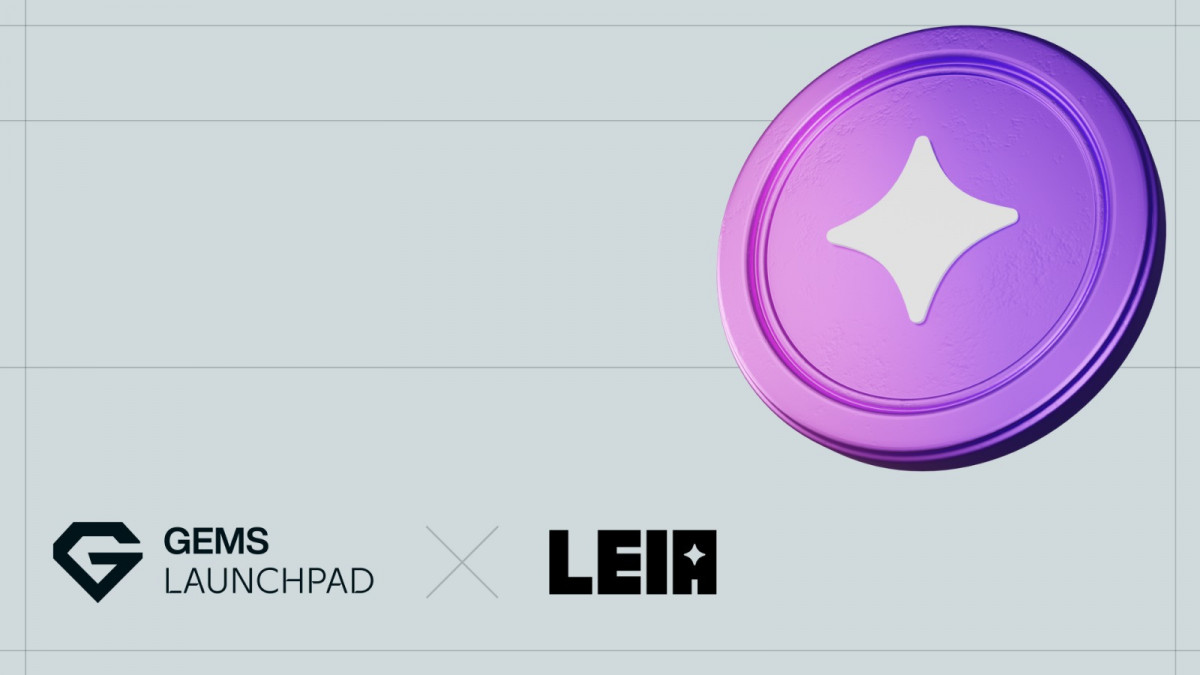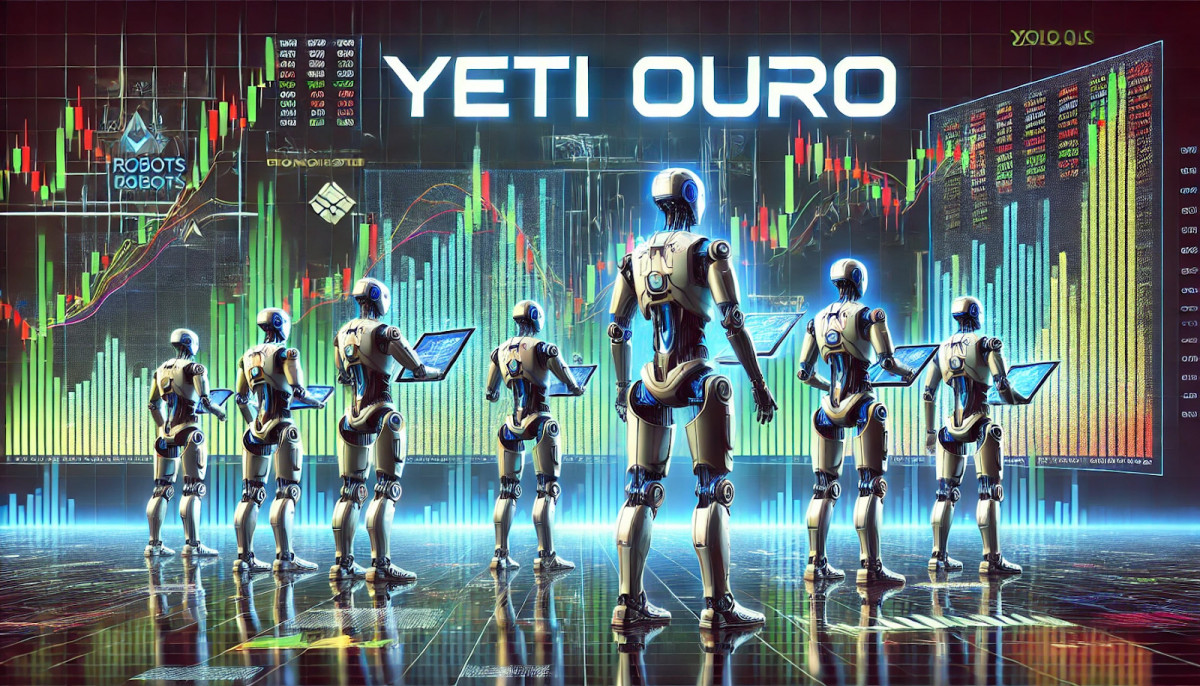[co-author: Rodrigo Javier Velasco]
Trademark enforcement best practices in the NFT landscape continue to evolve.
A court in Italy granted an injunction in favor of the Italian soccer team Juventus based on the unauthorized use of its well-known trademarks in the NFT digital landscape. The Italian court addressed a case where a blockchain platform, Blockeras, minted and commercialized collectible cards in the form of NFTs on its “Coin of Champions” NFT collection and “COC” token ecosystem. As explained in Blockeras’ “Coin of Champions white paper,” such collectible cards in the form of digital content will be produced for all athletes who participate in professional competitions, whether for sports teams or in individual sporting events.
One of the collectible digital cards portrayed Italian soccer player Christian Vieri wearing his Juventus jersey and other clearly identifiable team effects. Despite the fact that Blockeras was authorized by Vieri to use his image, Juventus argued that Blockeras did not obtain permission from the soccer team to depict its well-known “JUVENTUS” team name word marks and figurative mark consisting of the black and white team jersey/uniform in any way whatsoever.
Injunctions and Virtual Worlds
The court concluded that such use by Blockeras was unauthorized and infringed Juventus’ trademark rights. In sum, the court ordered Blockeras to remove such content from the digital landscape and to make it inaccessible to the public.
The question is whether the injunction will be successful and effective in the long term. The court’s order is likely to be difficult to execute due to the nature of NFTs. These digital assets are backed with blockchain technology, and this means that the data introduced inside the blockchain ledger cannot be tweaked or deleted. As a consequence, the possibility of completely extinguishing the “Coin of Champions” collectible soccer card NFTs – or any other blockchain-based asset – is an issue.
Measures
The successful execution of trademark injunctions in the NFT space is still a mystery to be solved in various jurisdictions. For now, trademark owners need to consider the following basic best practices:
- The soccer team Juventus brought action in Italy, where its “JUVENTUS” mark is undeniably famous. Trademark owners should definitely seek the best forum for any enforcement action.
- If a mark is not well-known as the “JUVENTUS” mark is, seeking trademark registrations in connection with goods and services specifically bought and sold in the digital landscape will help enforce it in case of unauthorized use in virtual worlds. Trademark owners should consider which countries are the most favorable venues to take action.
- Consider a trademark watch service that will help assess pre-suit litigious considerations, as well as how, where and when is a brand being infringed. Despite the immutable nature of NFTs, once potential unauthorized use(s) is/are identified, it may be convenient to cooperate with the different NFT marketplaces and report such infringing activity with a goal of removing the offending material from the vendor’s website.
- In parallel to the above, seek knowledgeable legal counseling for establishing a prospective litigation strategy in case the infringement keeps happening.
Current Trends and Takeaways
The NFT sports landscape keeps evolving, and the prevention of infringement of any trademark, as well as other intellectual property right, must always be carefully assessed. Recently, on Nov. 27, 2022, in conjunction with Ethernal Labe, famous Argentine soccer player Leo Messi launched his “Time Machine” NFT collection and associated digital experience. In contrast to the Juventus case, this portrays how the goodwill and fame of a sports figure and/or team can be favorably exploited in the metaverse landscape directly.
The successful enforceability parameters of granted injunctions in the NFT-metaverse ecosystem will continue to evolve along with technology.
Read More: news.google.com









 Bitcoin
Bitcoin  Ethereum
Ethereum  Tether
Tether  XRP
XRP  Solana
Solana  Dogecoin
Dogecoin  USDC
USDC  Cardano
Cardano  Lido Staked Ether
Lido Staked Ether  TRON
TRON  Avalanche
Avalanche  Sui
Sui  Wrapped stETH
Wrapped stETH  Toncoin
Toncoin  Chainlink
Chainlink  Shiba Inu
Shiba Inu  Stellar
Stellar  Wrapped Bitcoin
Wrapped Bitcoin  Hedera
Hedera  Polkadot
Polkadot  WETH
WETH  Bitcoin Cash
Bitcoin Cash  LEO Token
LEO Token  Uniswap
Uniswap  Litecoin
Litecoin  Pepe
Pepe  Hyperliquid
Hyperliquid  Wrapped eETH
Wrapped eETH  NEAR Protocol
NEAR Protocol  Ethena USDe
Ethena USDe  USDS
USDS  Internet Computer
Internet Computer  Aptos
Aptos  Aave
Aave  Mantle
Mantle  POL (ex-MATIC)
POL (ex-MATIC)  Cronos
Cronos  Render
Render  Ethereum Classic
Ethereum Classic  Bittensor
Bittensor  MANTRA
MANTRA  Monero
Monero  Tokenize Xchange
Tokenize Xchange  Artificial Superintelligence Alliance
Artificial Superintelligence Alliance  Dai
Dai  Virtuals Protocol
Virtuals Protocol  Arbitrum
Arbitrum